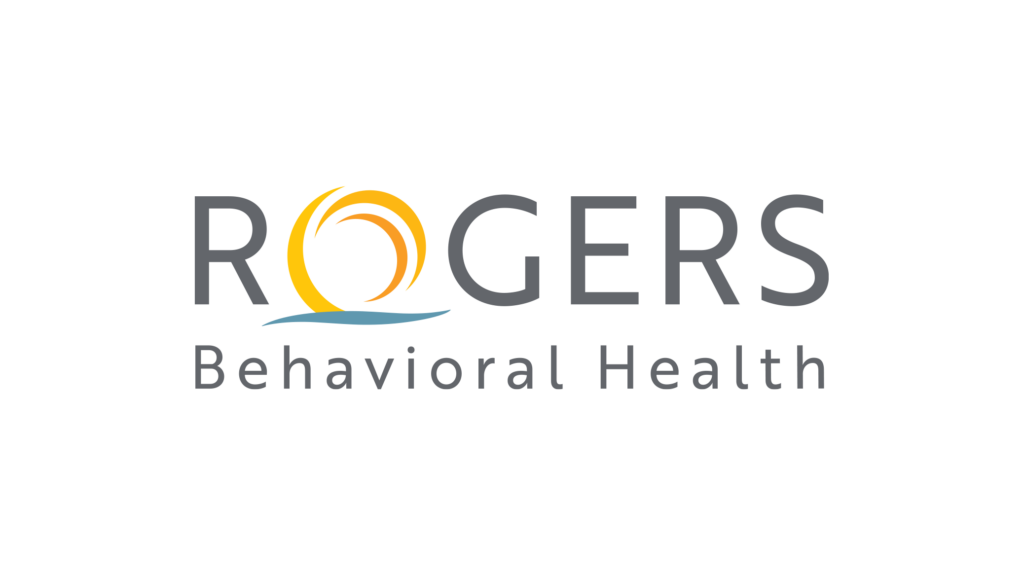In the past few years, it seems as though everyone is “eating green” or only “all-organic” food. Although there are many health benefits to this new trend towards “clean-eating,” there is a point when the practice can take over a person’s life and become damaging to their behavioral health. Related to eating disorders, orthorexia nervosa is a condition in which a person has obsessive behaviors, which may include: self-induced dietetic limitations and preparing and eating food in a ritual-like manner, all to achieve and maintain a “pure” diet.
David Jacobi, PhD, clinical supervisor of the Eating Disorder Center at Rogers Memorial Hospital, says, “Unlike anorexia nervosa, or anorexia as it is most commonly known, people with orthorexia nervosa are less focused on losing weight and are more concerned with consuming chemical-free food.” This fear stems from intrusive thoughts which may revolve around the theme that a person’s food was contaminated by fertilizers, tainted during processing or that a preparer is going to contaminate the meal.
Sometimes, a person with orthorexia nervosa spends so much of their time focused on their food, that they have no time left over for their relationships with friends or family, which can lead a person to become socially isolated. “Orthorexia nervosa can take up much of a person’s time because they often feel they have to avoid certain restaurants, brands at the grocery store or even personally watch their food’s entire preparation process out of fear that their food will be contaminated,” says Dr. Jacobi.
This obsession over food’s preparation process has striking similarities to the level of obsession found in some people with obsessive-compulsive disorder (OCD). “OCD and eating disorders, such as orthorexia nervosa, are characterized by unwanted thoughts, or in this case, unwanted fear of contamination, which generate a high level of anxiety.”
A fear of contamination is also a symptom a person with OCD may experience, with fears of germs. When a person has OCD, they may perform mental or behavioral acts to neutralize their unwanted thoughts or anxiety. A person with orthorexia nervosa may use certain behaviors to compensate for their food-related fears. “Similar to a person’s ritualistic acts typically associated with OCD, what we call compensatory behaviors—including obsessively seeking a pure diet—is a way for a person with orthorexia nervosa to counter their anxiety.”
There is often a “magical” quality to many of the rituals performed by those with OCD and orthorexia nervosa. Dr. Jacobi says, “People with OCD will often perform rituals to prevent themselves or others from harm. If they fail to perform these rituals, some believe a catastrophic event will occur. For some people with orthorexia nervosa, they believe eating the ‘right’ foods will protect their health and choosing to end their ritual behavior will most likely affect them negatively.”
So how do you know if you or someone you know may be taking their healthy eating to an unhealthy extreme? “It’s a good idea to consider seeking professional help if your behaviors or the behaviors of someone you know are taking away from regular functioning,” says Dr. Jacobi.
For admission information or a free screening, call 800-767-4411, or submit an online screening request.
If you do not feel you or your child needs treatment right away, but may be concerned, we offer online quizzes to possibly provide some relief. While these quizzes do not provide a diagnosis, it could be the first step in finding the treatment you may need. Take our online Eating Disorder Quiz today.


